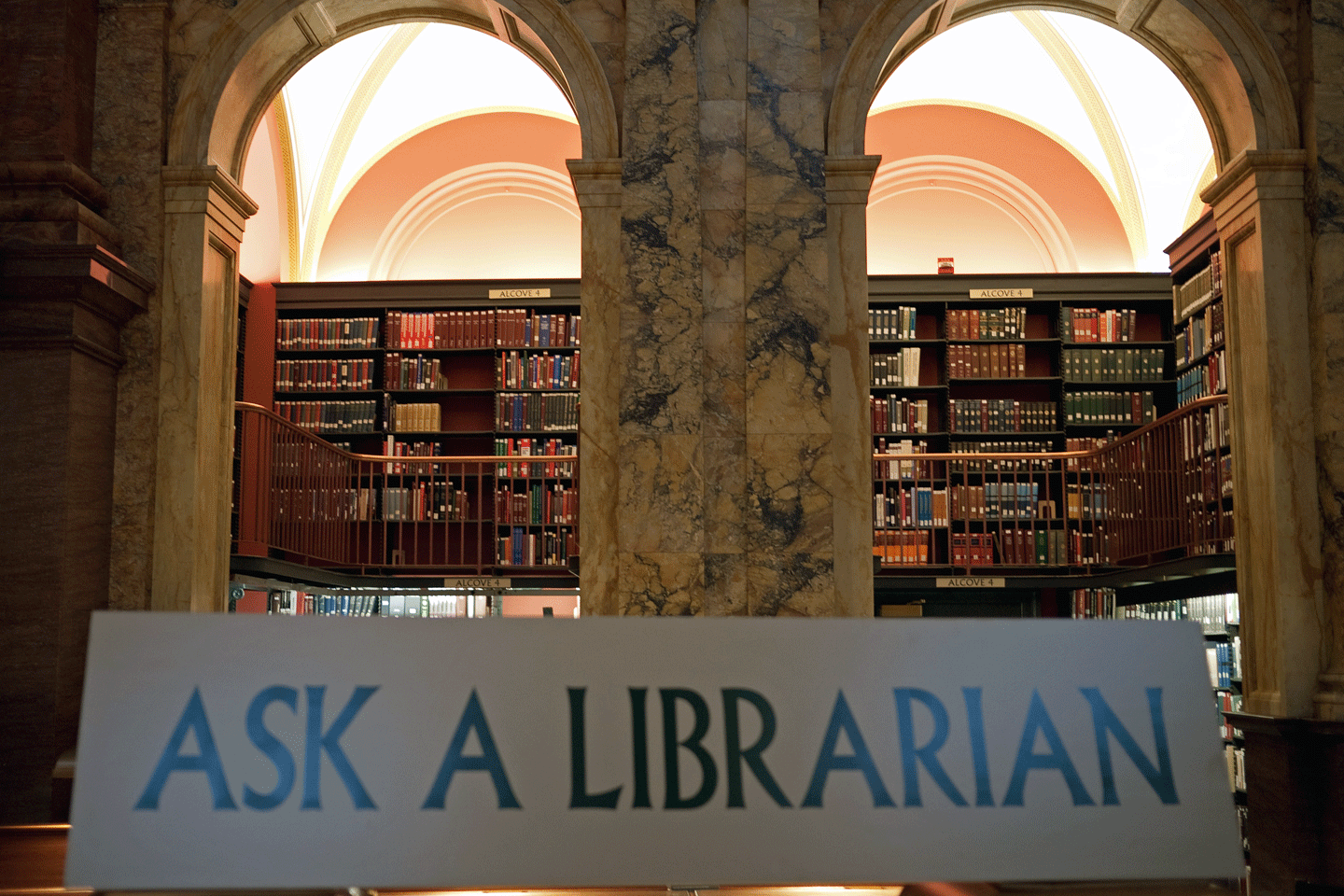
Inquiry-based learning has been around in education circles for a long time, but many teachers and schools gradually moved away from it during the heyday of No Child Left Behind. The pendulum is beginning to swing back towards an inquiry-based approach to instruction thanks to standards such as Common Core State Standards for math and English Language Arts, the Next Generation Science Standards and the College, Career and Civic Life (C3) Framework for Social Studies State Standards. Transitioning to this style of teaching requires students to take a more active role and asks teachers to step back into a supportive position. It can be a tough transition for many students and their teachers, but turning to the school librarian for support could make the transition a little easier.
“This is so new for teachers, whereas librarians have been doing this for ten years,” said Paige Jaeger, a school librarian turned administrator and co-author of Think Tank Library: Brain-Based Learning Plans for New Standards. According to Jaeger, librarians were some of the first educators to realize that the Internet made finding information (their bread and butter) much easier. But they also recognized that kids would need help synthesizing and analyzing the vast amounts of information at their fingertips. This realization naturally led them to inquiry-based approaches. “The emphasis went away from being taught how to find it and went towards how to assess what you’re finding and what you’re going to do with it,” Jaeger said.
As grade level and content-specific teachers begin to incorporate inquiry-based approaches into their classrooms, they should look to collaborate on lesson planning with their librarian, Jaeger said. Jaeger and her co-author Mary Ratzer want to align teaching strategies to the research on how the brain learns best, which they believe fits perfectly with inquiry learning.
“The inquiry process is brain-based from beginning to end,” said Ratzer, a former teacher, current librarian and adjunct professor in an edWeb webinar. She and Jaeger are eager for educators to understand how the brain works and why traditional school tactics ignore what neuroscience teaches about how kids learn.
HOW THE BRAIN WORKS

